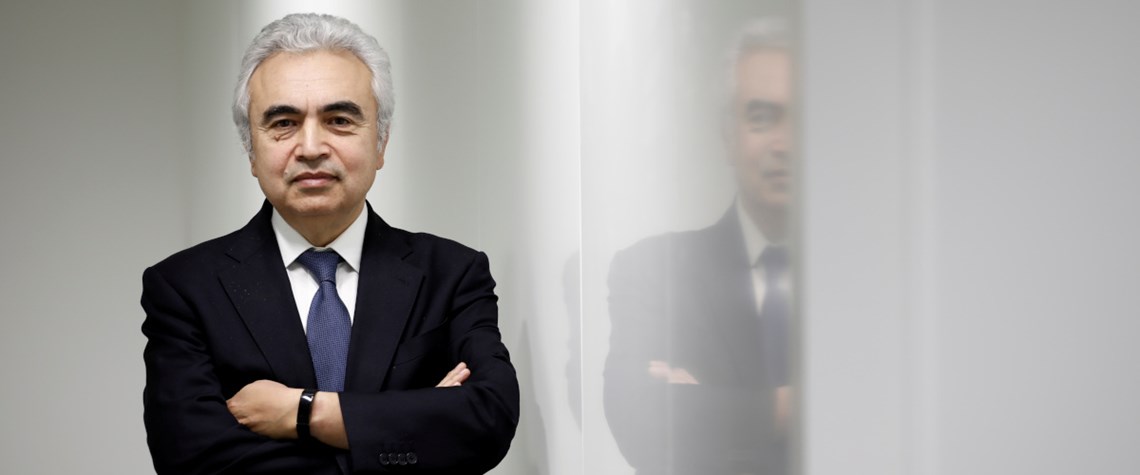Mission net zero – part one: costs
First in three-part Transition Economist series looks at the cost of the global energy transition and the magnitude of the work required
Governments and organisations around the world have set net-zero targets over the past year in line with the goals of the Paris Agreement. This has led to a number of 2050 net-zero scenarios being developed—including by the IEA, Shell, BP and the International Renewable Energy Agency (Irena). But to achieve net zero by 2050 will require a massive transformation of the global energy system, according to Fatih Birol, executive director of the IEA. “The world has a huge challenge ahead of it to move net zero by 2050 from a narrow possibility to a practical reality,” he writes in the IEA’s net-zero report. This three-part series for Transition Economist will aim to determine how realistic this ‘

Also in this section
21 October 2024
Gulf Energy Information will host the largest women's event in the energy industry on 19–20 November in Houston, Texas







